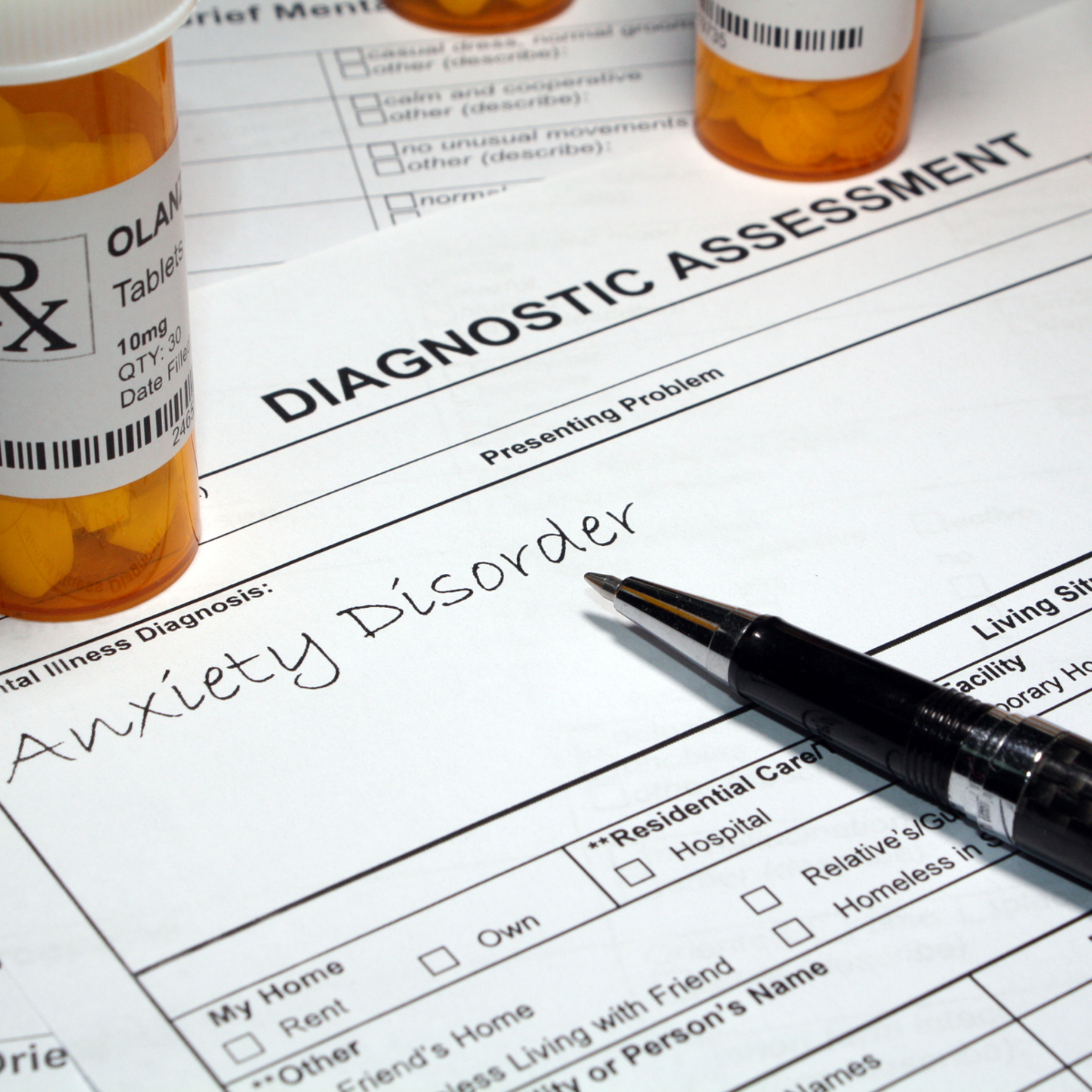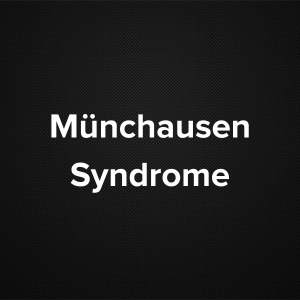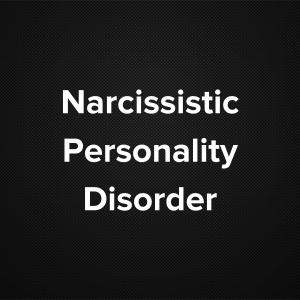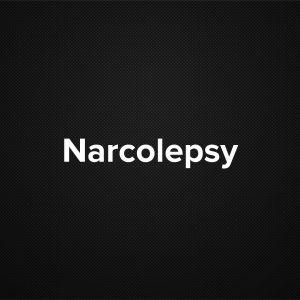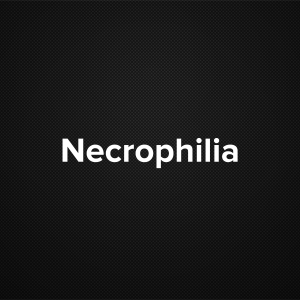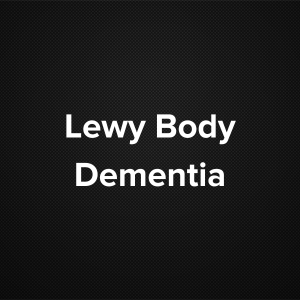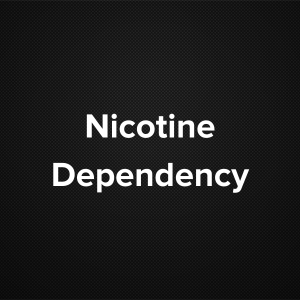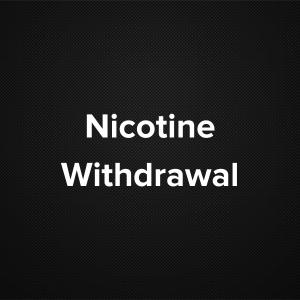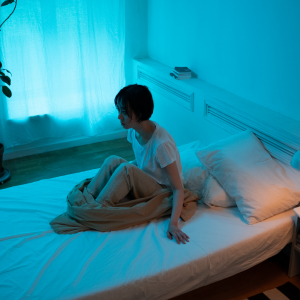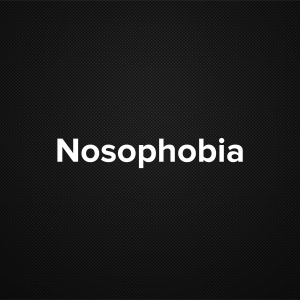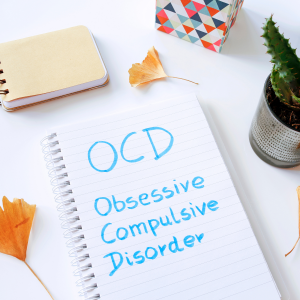Causes and risk factors
The exact cause is not known, but biological and psychological factors play important role. Studies suggest that low level of GABA, a neurotransmitter in the central nervous system can contribute to anxiety. Caffeine, Alcohol, sedative and anxiolytics medicine dependence can worsen and cause GAD. GAD can arise in response to life stresses like financial loss, physical illness etc. Many times GAD runs in families. Initial manifestations appear at age 20–35 years, and there is a slight predominance in women.
Clinical presentation
The principal components of GAD are psychological i.e. tension, fears, difficulty in concentration, apprehension and somatic i.e. tachycardia, hyperventilation, palpitations, tremor, sweating. Other organ systems [e.g., gastrointestinal] may be involved in multiple-system complaints. Fatigue and sleep disturbances are commonly present. The patients with GAD can’t relax; he startle easily. There is restlessness, irritability. There is apprehension without any reason about family, work, money, health and many small issues. Other physical symptoms include loss of breath, fatigue, insomnia, headache, muscle tension, frequent urination, stomach upset. Depression and substance abuse may occur with an anxiety disorder.
Investigation
Medical history by the patient and psychological evaluation by the psychiatrist or psychotherapist helps in diagnosis. Diagnosis is confirmed if the patient avoids daily situations, such as going out of the house and being in open spaces; the symptoms are caused by anxiety and anxiety is not related to some other condition such as depression; patient feels anxious in crowds, public places, travelling alone, or away from home and shows any other above mentioned mental or physical signs and symptoms.
Treatment
Psychotherapy and counselling is required for treating GAD. It involves cognitive behavioural therapy, which teaches anger management techniques, relaxation techniques to combat GAD. Medications like anti depressants, anti anxiety drugs, anti convulsants, mood stabilizers help in treatment of the disease.
Other Modes of treatment
The other modes of treatment can also be effective in treating GAD. Homoeopathy is a science which deals with individualization considers a person in a holistic way. This science can be helpful in combating the symptoms. Similarly the ayurvedic system of medicine which uses herbal medicines and synthetic derivates are also found to be effective in treating GAD.
